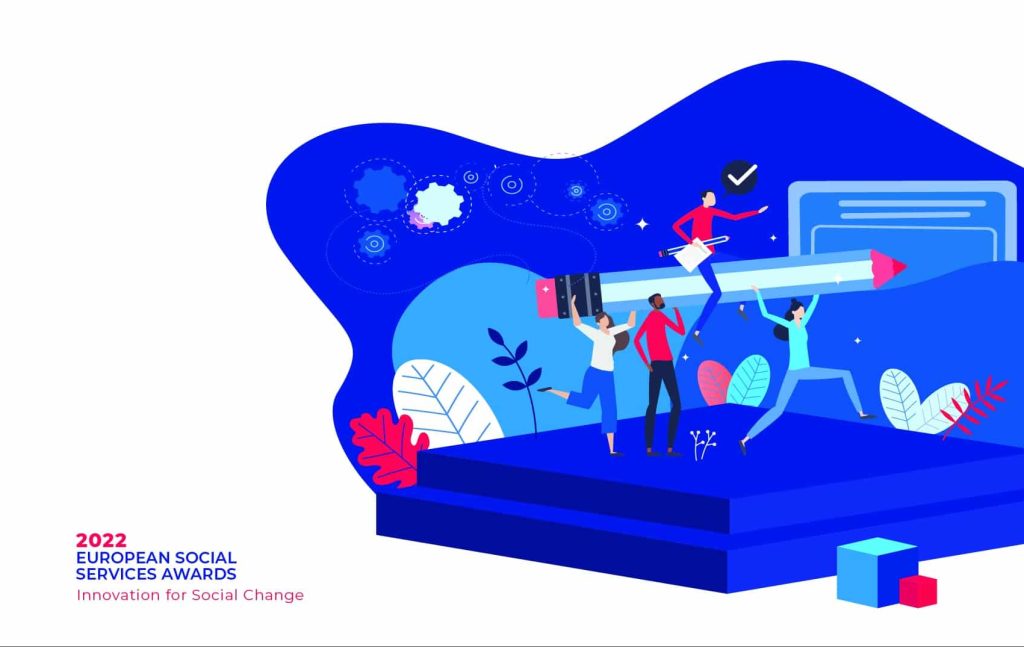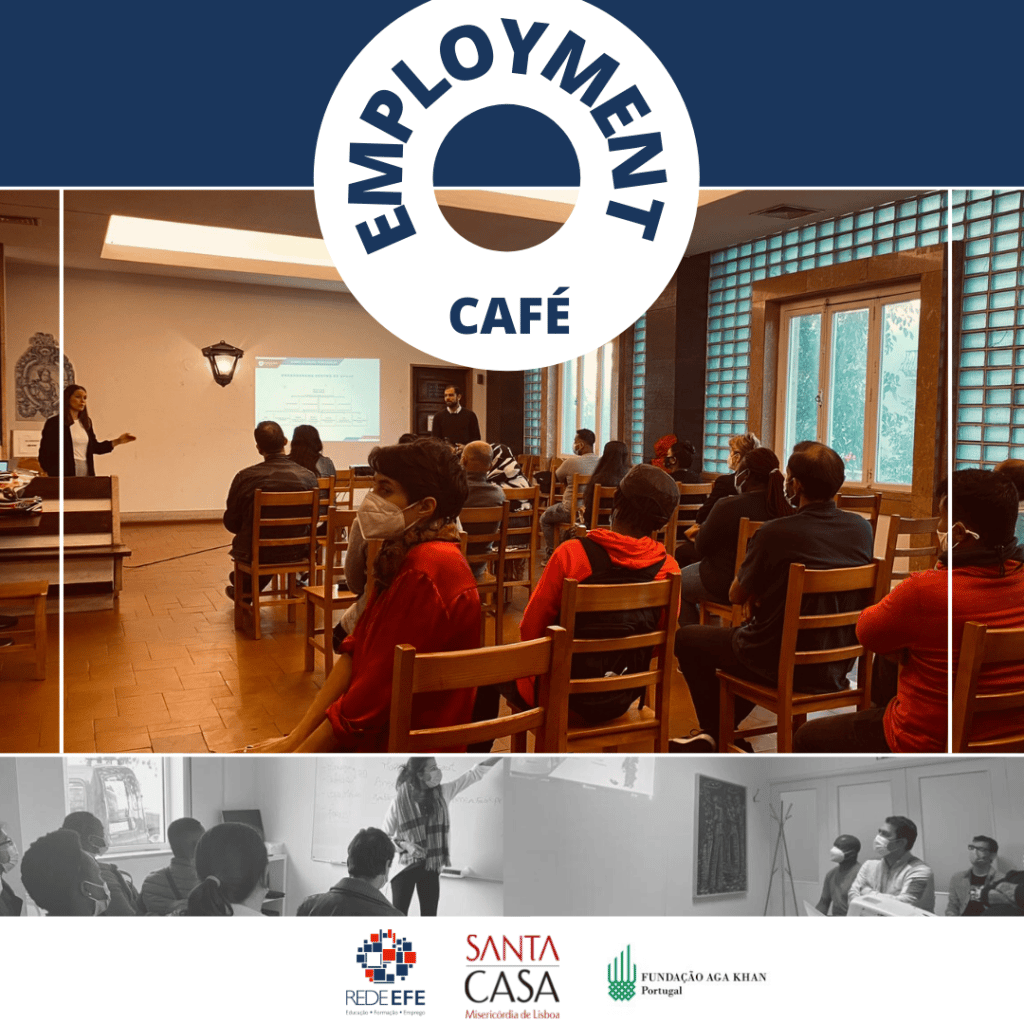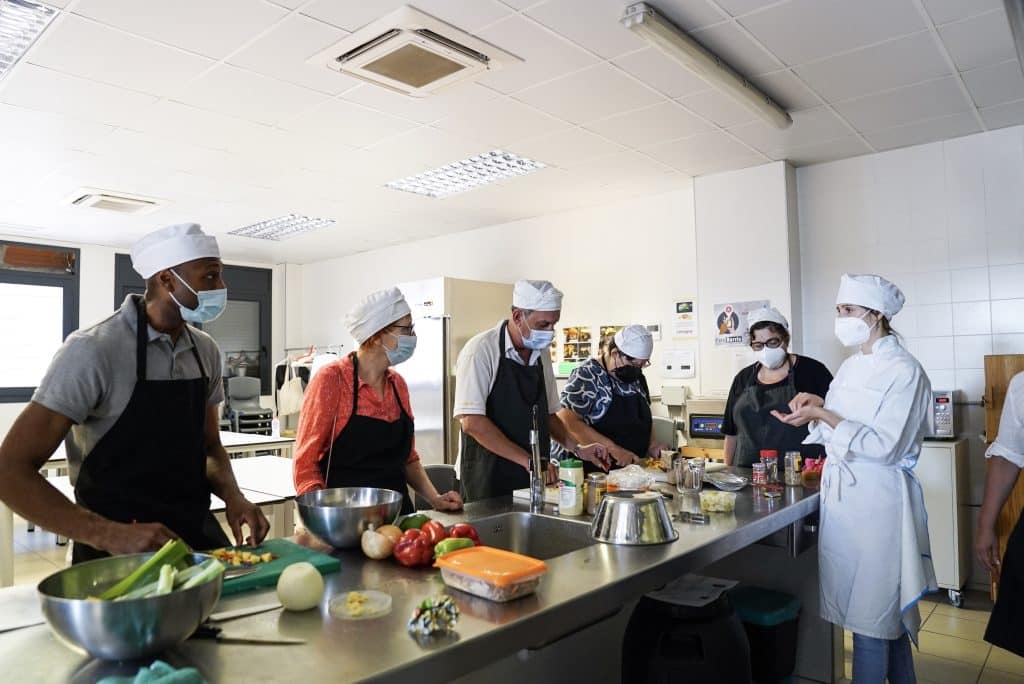
ESN strongly believes in the importance and value of collaboration between organisations, services and sectors, which are key to driving successful social innovation. This Award honours cooperative relationships between different levels of government, public agencies, services, third and private sector organisations through which they have led innovation in social services.
This multi-disciplinary Group promotes a multi-agency approach to the prevention, response and reporting of cases of domestic violence in Slovenia. The Group connects frontline responders in cases of domestic violence from social, legal, educational, medical and other public agencies to educate them on how to act together to support and help victims of violence and raise awareness about domestic violence. The educational activities are tailored to the needs of the participants to learn about the responses and needs of other departments/agencies in cases of reported domestic violence. For example, if the Group is invited to work with educators, a member of the police could join to explain what the police does is in cases of reports of violence from a school. This mutual cooperation and interweaving of different profiles and professions in the response to domestic violence are unique in Slovenia.


Self-directed Support (SDS) legislation in Scotland enables social work to transfer choice and control to supported people over their social care arrangements. The Social Work Scotland Self-directed Support team bridges the significant implementation gap between SDS national policy and legislation and local delivery by providing support to overcome the challenges encountered by social workers in their practice of SDS. The SDS project provides focused implementation support to three local social service partnerships; brings together a national collaboration of third and independent sector providers, national SDS organisations, regulatory bodies and local authorities’ representatives; and supports a Scotland-wide community of practice. These three delivery arms support learning and implementation of evidence-based practice to ensure that SDS delivery is improved and strengthened.

The COLIVING project brings young people, families and essential services back to mountain places affected by low birth rates and severe depopulation. Bringing together the right professionals from public and private entities, the COLIVING project brings young families to mountain places by strengthening community ties through volunteer projects, providing free housing, technological infrastructure such as high-speed internet, and essential health services in the affected places. Families are selected based on their social background and their willingness to contribute to the local community (coliving) rather than their economic status. Participants have been involved in local associations and all have found employment. This project has had a strong impact by engaging a population of 1,825. In the first two editions, 80 applications were submitted for 5 apartments, and 90 international applications for 4 apartments.
In 2017, Adult Social Care faced a £53million deficit, the consequences of a broken social care system with spiralling demand, focusing only on expensive crisis-based statutory interventions with poor outcomes for citizens. By shifting investment into prevention activity in communities, Birmingham City Council’s Neighbourhood Network Schemes is a powerful example of community power, a collaboration between the voluntary, community and statutory agencies working together to deliver change. The objective is to take a prevention-first approach, support the building of connected resilient communities, creating relational life opportunities so vulnerable older and younger adults are supported through local community assets and as near to home as possible. Neighbourhood Networks Schemes support 10,000 people each year, to live healthy, happy independent lives within communities. This has led to better outcomes, improved relational life, reducing demand for social care packages and contributing to a balanced budget in 2022.


The Employment Café is an inter-agency collaboration that creates a link between social services and business, providing access to alternative employment paths and personalised support for people without employment, involving companies with recruitment difficulties. Every month an Employment Café takes place in the form of a job match-making event focusing on one company over a coffee morning. Social case managers and front office teams work together to identify possible job candidates in neighbourhoods with high levels of unemployment and training needs.
Once identified by their case managers according to professional profiles and interests, the clients are monitored by the Employment Cafés team and are trained in job-related skills. Candidates are accompanied during the whole process of preparation, selection and labour integration, even when they are not selected, or integrated after their probation period.
The Alimenta project aims to empower citizens of Barcelona who request support from services and social entities to buy food in the most dignified possible way supporting the individual to take charge as they are supported. In three districts of the city, Barcelona’s City Council has set up ‘dining rooms’ that act as a community space where, in addition to being provided with food, people can participate in community and social life, together with neighbours and local groups. The food served is fresh, sourced from local suppliers and the menus promote a varied and healthy diet. Beyond food provision, participants are interviewed to create tailor-made programmes that put the person seeking support in contact with existing local services or other activities that the project creates to support the person’s labour and social inclusion.

